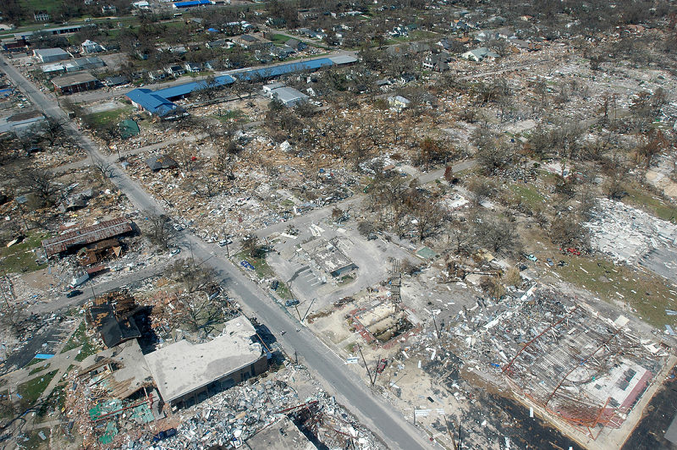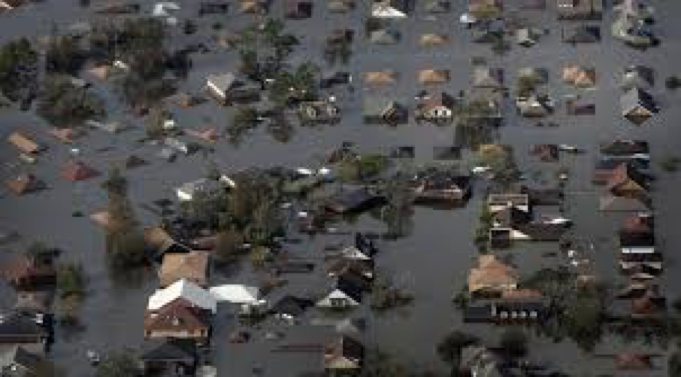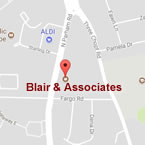Casualty Losses Remain – Tax Relief Tips
October 2017

So far this hurricane season has wreaked havoc on the U.S. Three of those storms Harvey, Irma, and Maria hit the mainland as a category four or five. If you were unfortunate enough to have suffered a hurricane-related loss, here’s a summary of what you need to know to determine whether you qualify for tax relief.
In general, taxpayers who suffer economic loss due to a natural disaster can claim a casualty loss deduction on their federal income tax return for personal casualty losses not covered by insurance.
A casualty loss is defined as the damage, destruction or loss of your property from any sudden, unexpected, or unusual event. That includes hurricanes.

Personal Property Casualty Losses
The amount of your loss for personal use property is the lesser of your adjusted cost basis or the decrease in fair market value of your property due to the damage. Your cost basis is typically what you paid for the property plus any long term improvements, e.g. a room addition to a residence.
Note: If you do qualify for tax relief due to hurricane-related losses you are required to itemize deductions on your tax return.
Now for the math. There are two calculations that you must make (or have made for you by a tax pro).
First, you must reduce your loss by $100. That’s easily done.
Second, the amount of your loss must be reduced one more time by 10% of your adjusted gross income (AGI) for the year you are claiming the deduction.
Here, an example will help clarify this, important and often deciding factor, to determine whether you will qualify for a casualty loss deduction.
Let’s assume you have a vacation residence that incurred $50,000 in hurricane damage and your AGI is $150,000. Your calculation to determine your write-off, if any, is as follows:
• $50,000 - $100 - $15,000 = $34,900 that is tax deductible.
Note: If you receive any reimbursement from insurance or FEMA, that amount must be included in the above calculation. Assuming a $10,000 insurance settlement the calculation will be:
• $50,000 - $10,000 - $100 - $15,000 = $24,900 that is tax deductible.
While it is not recommended, if you file your tax return based on estimates, you may need to claim income later if reimbursements exceed your estimate.

Note: If your loss occurred in a federally declared disaster area, you may claim your deduction on your 2017 tax return or an amended 2016 return … whichever offers the most in tax savings. It’s worth a moment to check with the Federal Emergency Management Agency here to determine whether your loss is in a disaster area.
Business Casualty Losses
Unlike personal property casualty losses, hurricane-related losses to uninsured business assets do not require up-front calculations. Those damages may be deducted in full as a business expense. The same options are open to you regarding deductions for losses in a federally declared disaster area as discussed above.

A “Gotcha” Consideration for Insured Property
Until now, we’ve been talking about tax deductions resulting in tax savings. However, there may be a complication that results in taxable income when your insurance reimbursement exceeds what you originally paid for the property. This is so whether your insurance is homeowners, renters or coverage under a business policy.
The issue is called an involuntary conversion gain. There are rules surrounding how you must determine and report the gain on your tax return. Additionally, there are considerations to limit your taxable income exposure plus taxpayer-friendly rules that apply if the property is your primary residence.
Rather than “getting into the weeds” in this article, this is clearly an issue to seek advice from your tax advisor.
Summary
Hurricane season has not yet come and gone, but the damages from storms to date have been devastating to many. If your property was subject to losses, then seeking assistance in obtaining tax relief is an excellent next step for you to take.
As ever, Blair + Assoc stands ready to help. Give us a call. We’ll respond promptly.

